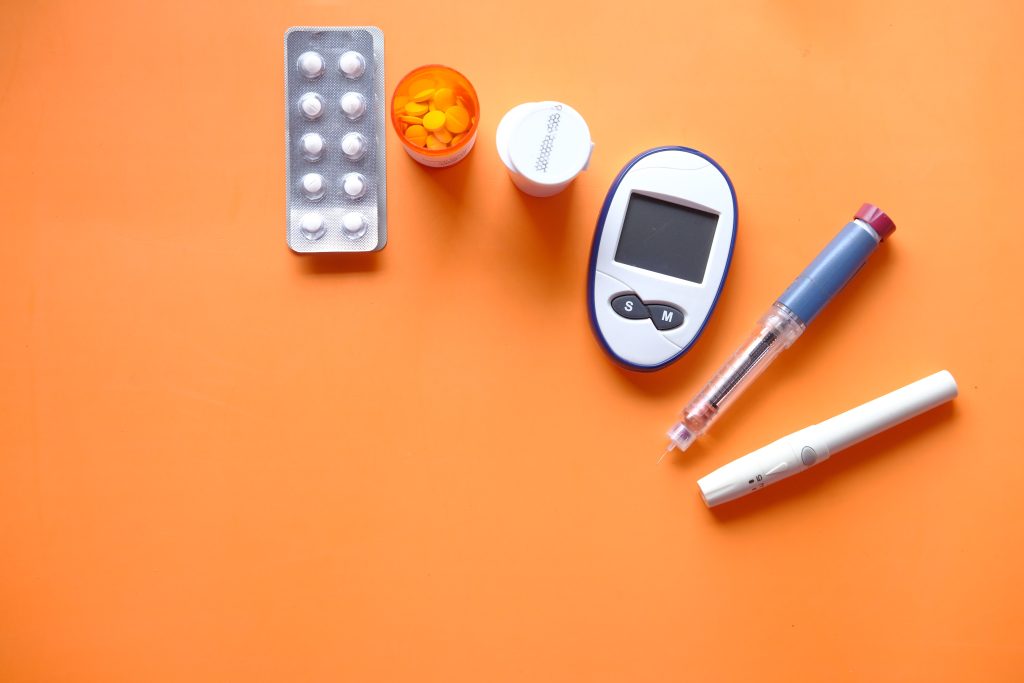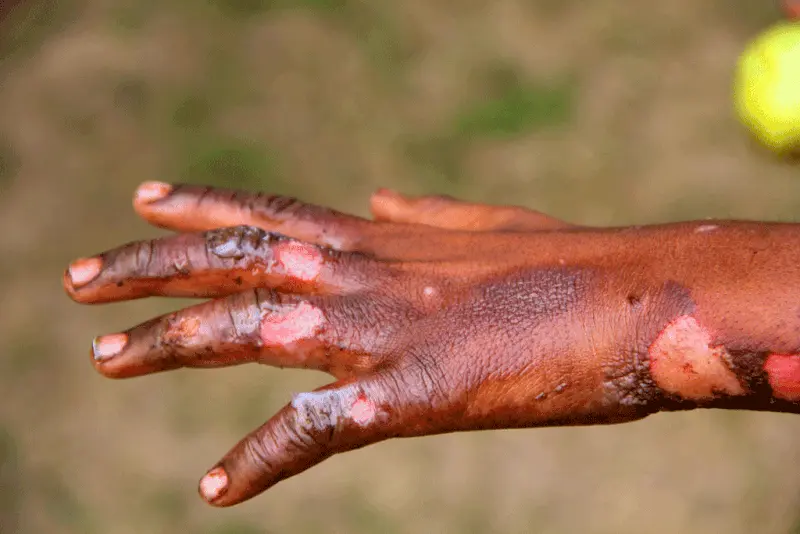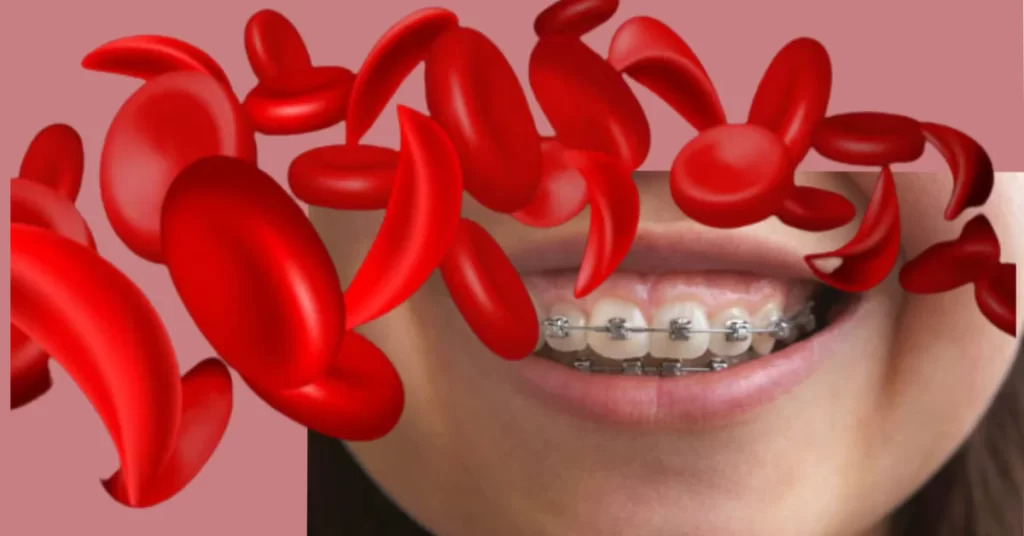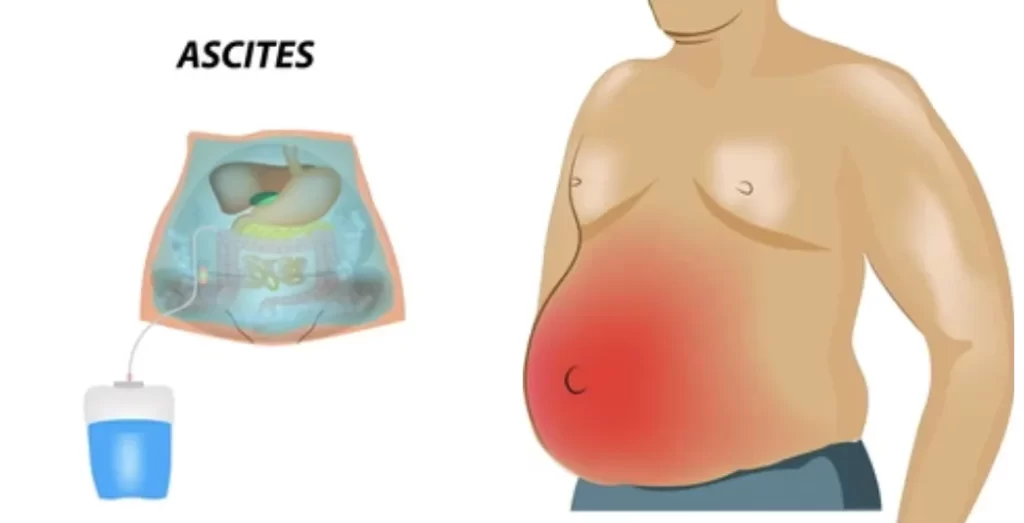Diabetes During Fasting

Fasting: a period during which you do not eat food, for religious or health reasons.
Types of fasting:
- Normal fast; a person abstains from all foods but can take water for a limited time.
- Partial fast; abstain from selected foods and drinks or a certain meal.
- Total fast; total abstinence from both food and water, it’s recommended it should not go more than three days and not done to those who use insulin secretagogues/insulin.
NOTE: people with DM whose blood glucose control is very poor should be discouraged from fasting.
A total fast is not recommended for anyone with diabetes. Adequate hydration is important during fasting period.
If on insulin, partial fast is preferred to total or normal fasting,
- Type 2 DM patients on insulin who are on normal fasting, if take insulin shorts once daily before bed can be taken as usual
If twice daily short and intermediate acting insulin:
- Before dawn meal take evening dose of short acting without intermediate-acting insulin.
- Before evening meal take morning dose short acting and intermediate-acting insulin.
Note: regular serum blood glucose should be measured to prevent hypoglycemia, titration of doses should occur according to the RBG results.
If on oral hypoglycemic agents
Fasting is possible, patients on metformin, alpha glucosidase inhibitors and thiazolidiones can take the usual dose, unless RBG requires titrations.
If on second/third generation sulphonylurea example; glibeclamide, gliclazide, glimepiride, this should be taken at the time of breaking the fast and not before dawn.
- Self –blood glucose monitoring is mandatory for diabetes patients who elect to fast, at least 3 times/day for insulin secretagogues.
Abbreviations:
DM- diabetes mellitus
RBG-random blood glucose






Responses